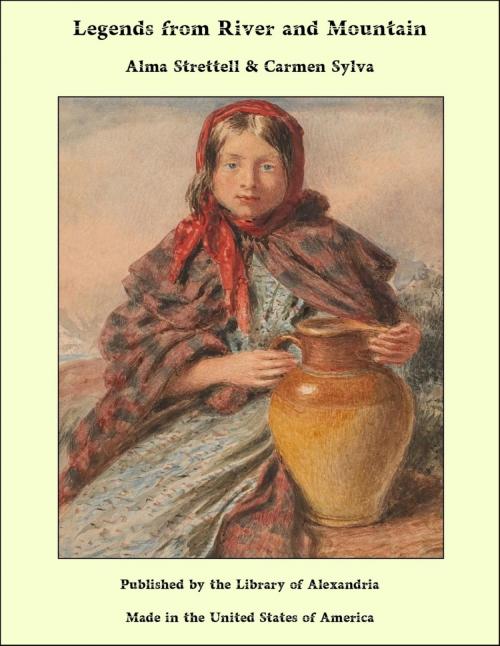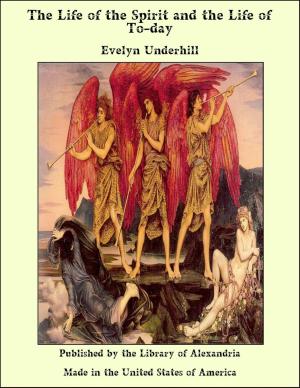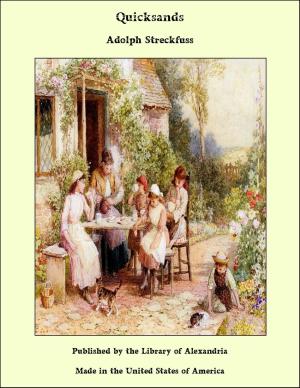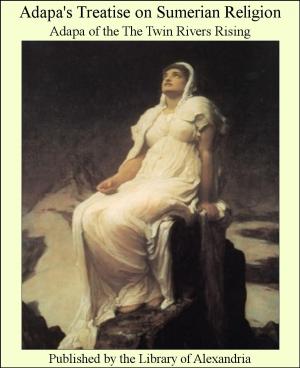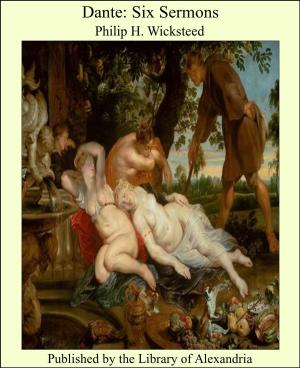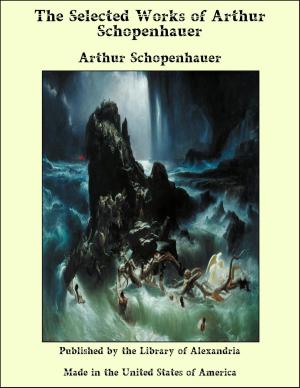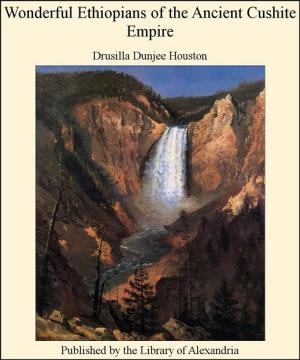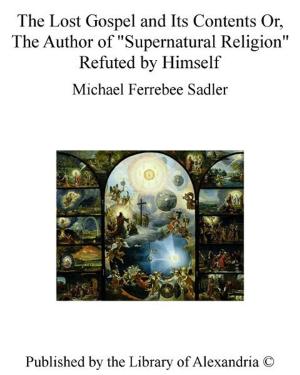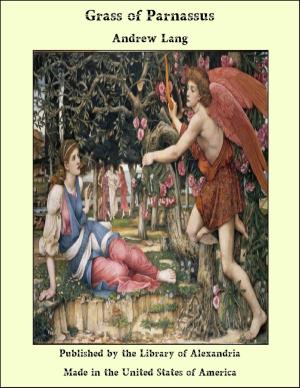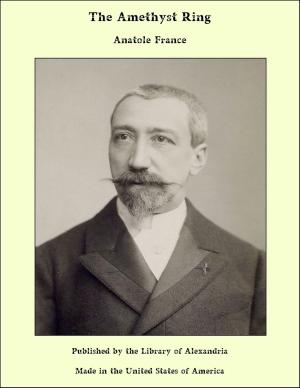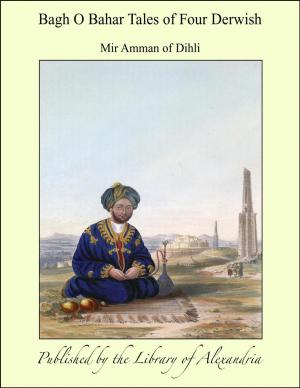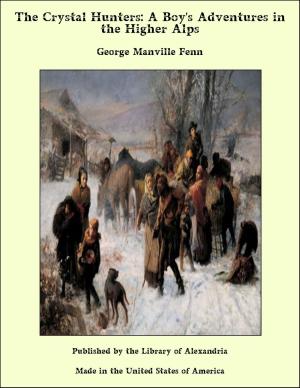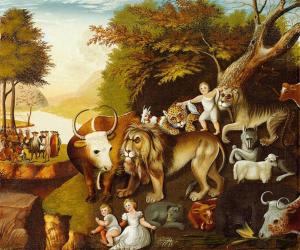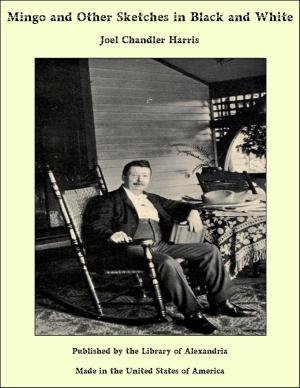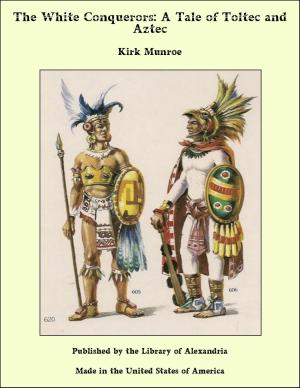Legends from River and Mountain
Nonfiction, Religion & Spirituality, New Age, History, Fiction & Literature| Author: | Alma Strettell & Carmen Sylva | ISBN: | 9781465608635 |
| Publisher: | Library of Alexandria | Publication: | March 8, 2015 |
| Imprint: | Language: | English |
| Author: | Alma Strettell & Carmen Sylva |
| ISBN: | 9781465608635 |
| Publisher: | Library of Alexandria |
| Publication: | March 8, 2015 |
| Imprint: | |
| Language: | English |
There is in Roumania a group of mountains named the Bucegi-group. Among these the two peaks of Jipi tower aloft, close together, as though gazing defiantly at one another, and between them the Urlatoare, or “roaring stream,” dashes down, a cloud-like waterfall, into the valley below, and storms onward over every barrier towards the town of Prahova. They say that long, long ago the Jipi were twin-brothers, who loved each other so well that one could not live without the other, or eat a mouthful of bread the other did not share; nay, more—that when one was asked a question, the other answered it, and that when one did himself some hurt, the other wept and would not be comforted. They were as fair as morning and evening, as slender and straight as lances, as swift as arrows, as strong as young bears. The mother who had borne them looked upon them with pride and joy, and would say, as she stroked their curly heads, “Andrei and Mirea, my beautiful sons, may your fame become so great that even the stones shall discourse of it.” They were of noble blood, and dwelt in a castle upon a lofty crag, where they lorded it as though the whole world belonged to them. They often jestingly declared that they should have to wed one wife only between them, since they were sure never to find two quite alike, and that the best plan would be for them never to wed at all. But of this their mother would not hear, for she longed to cradle her sons’ sons upon her knee and sing them lullabies. She would often sing the ancient lays of their country to her boys, of an evening, while she sat spinning and the noble lads hung fondly about her. Andrei would kneel at her feet, while Mirea leant upon the arm of her chair, and drew in the sweet scent of the heavy, dark braids that shone lustrous through her delicate white veil.
There is in Roumania a group of mountains named the Bucegi-group. Among these the two peaks of Jipi tower aloft, close together, as though gazing defiantly at one another, and between them the Urlatoare, or “roaring stream,” dashes down, a cloud-like waterfall, into the valley below, and storms onward over every barrier towards the town of Prahova. They say that long, long ago the Jipi were twin-brothers, who loved each other so well that one could not live without the other, or eat a mouthful of bread the other did not share; nay, more—that when one was asked a question, the other answered it, and that when one did himself some hurt, the other wept and would not be comforted. They were as fair as morning and evening, as slender and straight as lances, as swift as arrows, as strong as young bears. The mother who had borne them looked upon them with pride and joy, and would say, as she stroked their curly heads, “Andrei and Mirea, my beautiful sons, may your fame become so great that even the stones shall discourse of it.” They were of noble blood, and dwelt in a castle upon a lofty crag, where they lorded it as though the whole world belonged to them. They often jestingly declared that they should have to wed one wife only between them, since they were sure never to find two quite alike, and that the best plan would be for them never to wed at all. But of this their mother would not hear, for she longed to cradle her sons’ sons upon her knee and sing them lullabies. She would often sing the ancient lays of their country to her boys, of an evening, while she sat spinning and the noble lads hung fondly about her. Andrei would kneel at her feet, while Mirea leant upon the arm of her chair, and drew in the sweet scent of the heavy, dark braids that shone lustrous through her delicate white veil.
